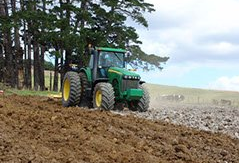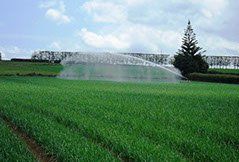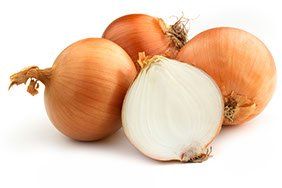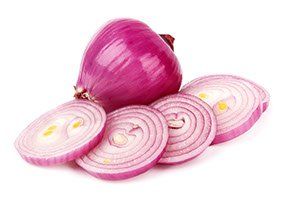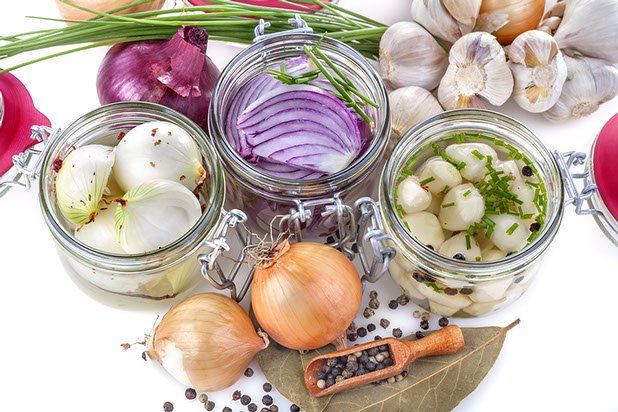onion production
onions
We grow both red and brown onions for domestic and international markets. 90% of our onions are exported to countries including the Pacific Islands, Australia, Europe, UK and Asia.
Red onions are used predominately in salads and brown onions mainly for cooking purposes, although this certainly isn’t a rule.
Due to the high pungency of the variety Pukekohe Long Keeper that we grow, they have an exceptionally long shelf life.
Onions come from the Allium family of bulb vegetables, which include spring onions, shallots and garlic.
brown onions
red onions
The versatile Allium family of bulb vegetables
nutrition
Onions not only provide flavour, they also provide important nutrients and health promoting phyto-chemicals.
Onions are rich in quercetin (a flavanoide, which is one category of anti oxidant compound). Anti oxidants help delay or slow the oxidative damage to cells and tissue of the body. They eliminate free radicals and are known to have cancer fighting properties.
Studies have shown that consumption of onions maybe beneficial for reduced risk of certain diseases such as gastric ulcers.
Onions are high in vitamin C, a good source of fibre and with only 45 calories per serving, add abundant flavour to a wide variety of food.
Onions are a very important vegetable and form the base of many dishes from around the world.
Such as is the importance of the onion, they are one of the most internationally traded vegetables in the world.
storage tips
- Store in a cool, dark, dry place such as your pantry.
- Onions should not be stored in the fridge because the cold temperature will soften their texture plus onions will impart their flavour on surrounding produce.
- Do not store your onions in a plastic bag as this will accelerate sprouting and spoilage due to lack of air circulation.
- Never store onions and potatoes together as they both give off gases that will accelerate spoilage of each other.


